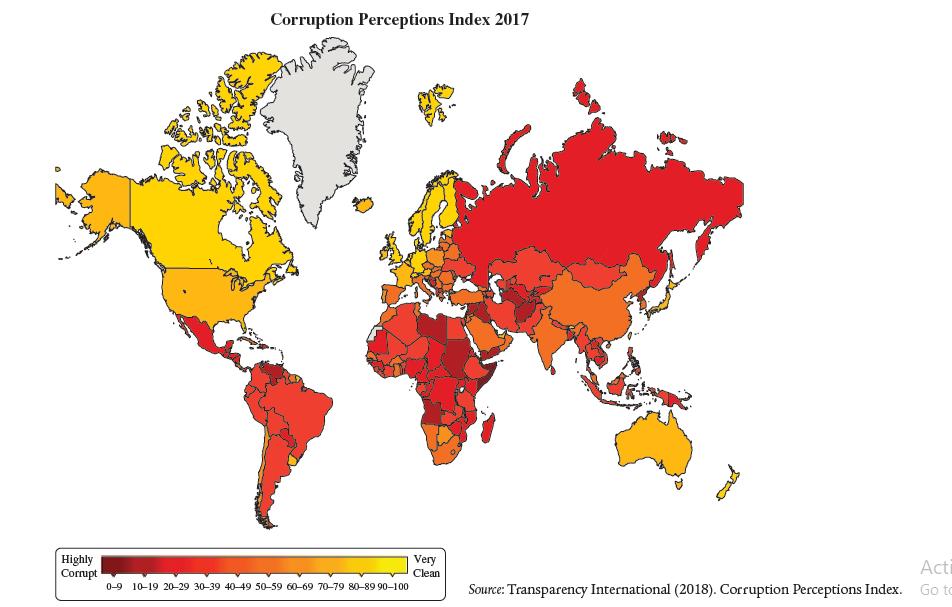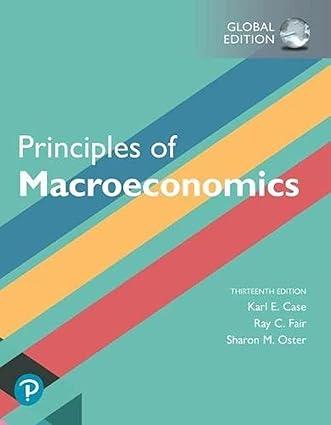Corruption is one of the biggest barriers to economic development. Development specialists argue that, fueled by low
Question:
Corruption is one of the biggest barriers to economic development. Development specialists argue that, fueled by low levels of economic development, poverty and illiteracy are the main culprits behind inherently high corruption levels in some countries.
But what exactly does it mean to be corrupt? Transparency International (TI), the Berlin-based non-government organization defines corruption as the abuse of entrusted power for private gain. TI classifies corruption into grand, petty, and political.
At one end of the spectrum, grand and political corruption are committed by high-ranking policymakers who use their power to enforce laws and policies that benefit leaders and politicians at the expense of public interest. At the other end, petty corruption is committed by low and mid-level public officials in the process providing public goods and services to ordinary citizens. This could range from receiving bribes to the embezzlement of public funds. Over the last two decades, TI has been gauging corruption using the Corruption Perceptions Index (CPI), which ranks countries based on opinion surveys of the perceptions of experts and businesses. The CPI uses a scale of 0 to 100, where 0 is highly corrupt and 100 is non-corrupt. Most developing nations score below 40.
The Washington-based organization, Global Financial Integrity (GFI), further includes illegal and underground activities in its definition of corruption. Examples of such activities include drug trading, counterfeit and sub-standard medication, ivory smuggling, people trafficking, theft of oil and natural resources, and piracy. The damage caused by such activities is not only economic, in the form of forfeited tax revenues and capital flight, but also social.
This damage has been quantified by the UN Economic Commission for Africa (ECA), which stipulates that the losses due to corrupt activities are profound in Africa. At $50 billion per annum, this loss is nearly double the official development assistance that African nations receive.
Other spillover effects of corrupt transactions include organized crime and illegal migration across borders. The Organization for Economic Cooperation and Development (OECD) highlights the need for cooperation between Western and African nations to fight corruption. Some of the structural and economic reforms needed are better governance, higher accountability, more jobs, enhanced surveillance, and the organization of informal sectors.

Questions
Go to the website of TI, GFI, ECA, or the OECD. What are the recommended policies for developing nations to break the vicious circle between corruption and underdevelopment?
Step by Step Answer:

Principles Of Macroeconomics
ISBN: 9781292303826
13th Global Edition
Authors: Karl E. Case,Ray C. Fair , Sharon E. Oster





